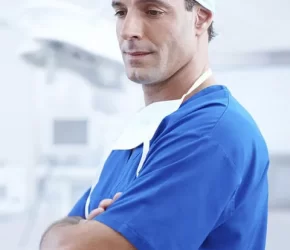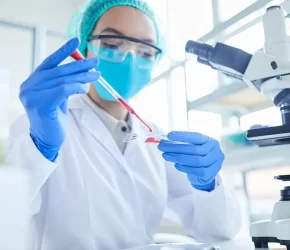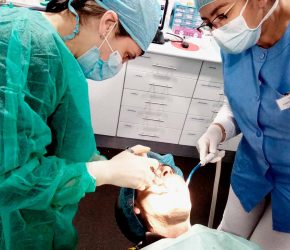In the clinic we have trained doctors with extensive experience in general medicine, in the clinical field, with a multidisciplinary and polyvalent perspective. We always work thinking of the patient as a whole, as we aim to understand the reason that brought them to the clinic and take them through to full treatment.
Our aim is the correct diagnosis and treatment of the disease, referring the patient to the most appropriate health care and at the most appropriate time, taking into account their clinical situation.

Get in touch with us today +351 932237198
“It is more important to know what sort of person has a disease than to know what sort of disease a person has.”
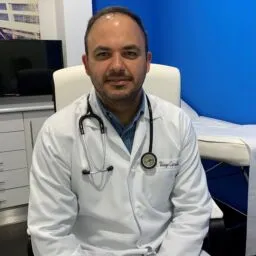
Dr. Thiago Carvalho
Clinical Medicine
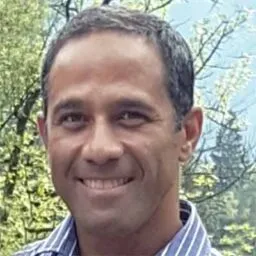
Dr. João Paulo Pinho
Paediatrics
Excellence service. I was very well received, great sense of professionalism. Congratulations Dentalart?️
BRUNO VIEIRAFui por acaso a este consultório odontológico não muito longe de minha residência, fui muito bem recebido por uma jovem gentil e charmosa. O dentista é muito simpático, muito tranquilo, muito reconfortante. O atendimento odontológico foi excelente. Os preços são razoáveis. Eu recomendo altamente este consultório odontológico.
MURIELLE DELEPAUX DUFLOS
CHARLES BONNETThank you Dra. Joyce, the work you did for me was amazing. Extremely satisfied with the service and wholeheartedly recommend DentalArt and Medical Clinic as I know anyone that needs dental work or medical treatment will be as completely satisfied as I was.
PEDRO BOTELHOExcelente atendimento tanto a nível do pessoal administrativo como médico. Atenciosos no trato, na rapidez e eficiência. A médica que me atendeu, Dr.ª Joyce Gomes, fez um trabalho impecável que me deixou muito satisfeito.
NATALIE JOHNSSONDr. Joyce Gomes makes you feel safe and calm with her professional work. I can strongly recommend!

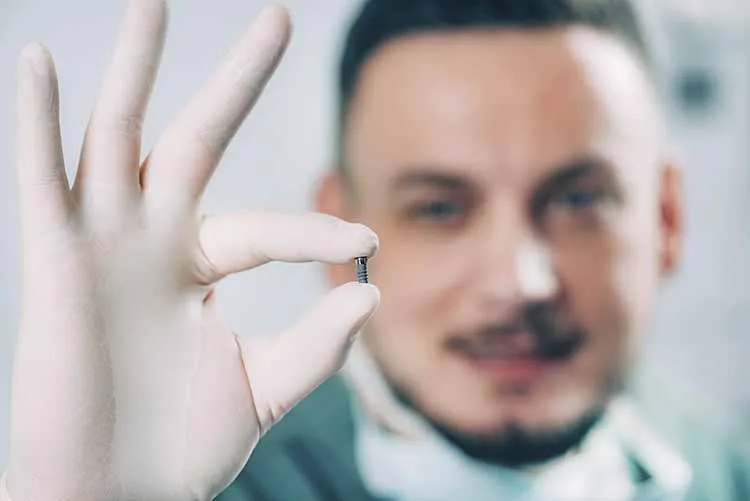
More partnerships and new players
Health organisations have sought acquisitions or even unifications with other institutions to improve their own performance and even their financial situation.
The 2019 Global Healthcare Outlook report made it clear that this is aglobal trend. In the United States, for example, mergers are occurring between health insurance companies around the world and pharmacy chains. From France to Singapore, different industry groups are also making investments to expand their businesses.
In addition, large companies that previously did not have their eye on the healthcare sector have started to realise that the area is full of good opportunities. An example of this is Philips, which has developed an intelligent solution that collects data related to diseases. From that, it delivers 24-hour monitoring to hospitals. Other novelties should soon appear on the market.
Robotics
Robotics engineers develop medical assistants, rehabilitation suits and even surgical units that can perform life-saving procedures. These machines can perform minimally invasive procedures, which decrease pain and recovery time for patients. Johnson & Johnson in collaboration with Alphabet, is also expected to enter the market this year with its own surgical robot that can perform lung biopsies, one of the biggest advances in the medium.
Robots are also designed to be able to perform repetitive and monotonous tasks, so that human staff have more energy to deal with issues that require decision-making skills, creativity and, above all, care and empathy. One day, blood-drawing robots may relieve nurses of this heavy exercise, and may even perform lab tests without human intervention.
Technological invasion
Another trend is, of course, the arrival of technologies in the sector. After all, we are living in the era of digital transformation, which has as one of its main pillars the insertion of technologies in the most different processes.
These changes have reached every imaginable area, including the healthcare sector. To give you an idea, according to the Healthcare 2030 report by consultancy KPMG, novelties such as artificial intelligence should be used in 90% of US hospitals by 2025.
According to the document, the sector must make significant investments in solutions such as genetic tools, risk calculators, rare disease detection algorithms, machine learning and predictive analysis, among others. The idea is that these novelties will bring several benefits to the sector, such as easier management, more security for patients and also a paradigm shift: making medical assistance leave the focus on disease treatment and also embrace prevention and cure.
Telemedicine
In early April 2020, the Federal Council of Medicine (CFM) recognised, on an exceptional basis, telemedicine in the country as an accepted practice for the duration of the emergency and pandemic situation.
Telemedicine is the practice of medicine at a distance, in which the doctor uses video tools through applications that facilitate communication with the patient.
Want to stay on top of the main news and trends in open innovation? Subscribe to our newsletters!


